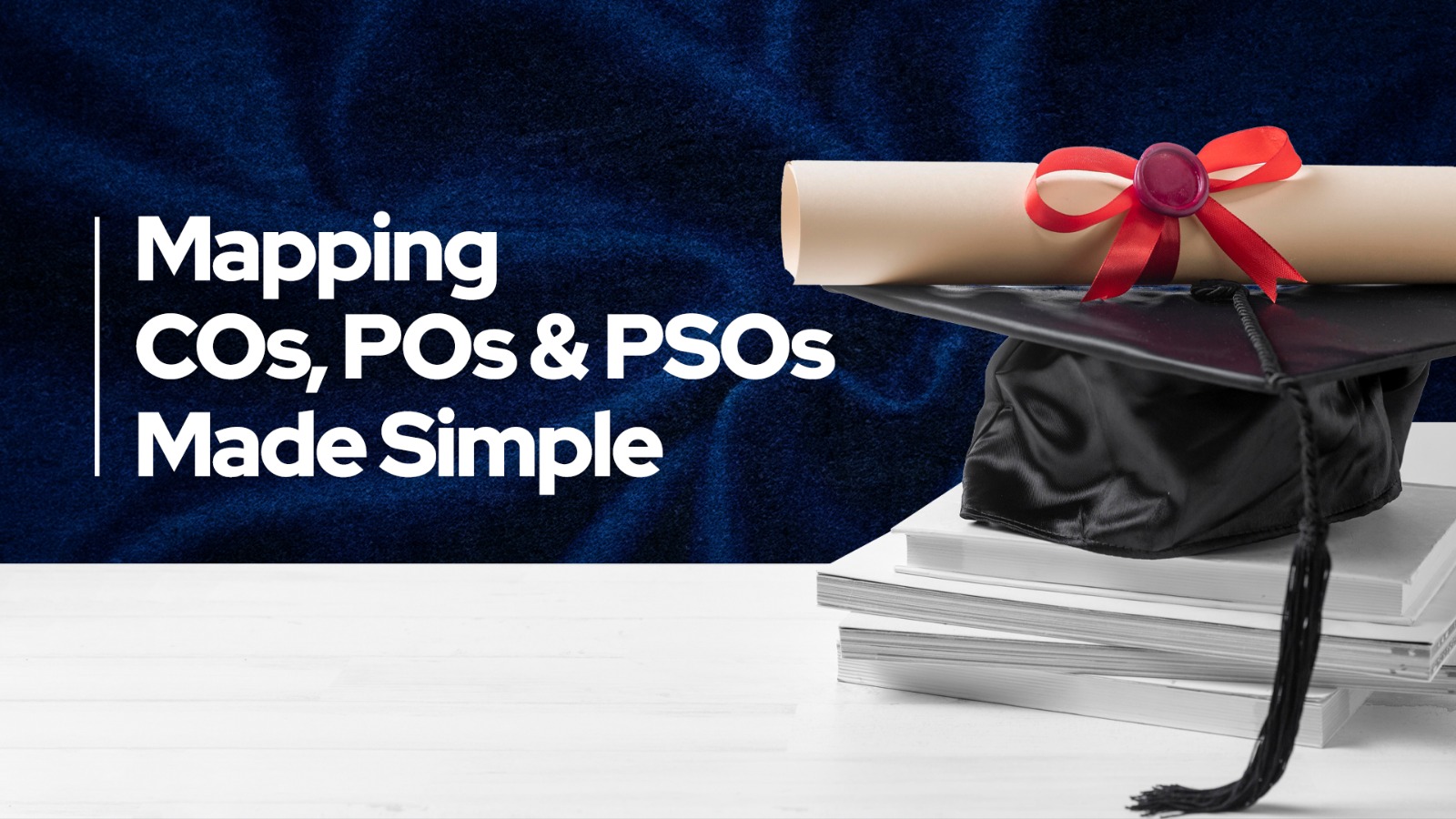
Outcome-Based Education (OBE) has become a cornerstone of academic planning and quality assurance in Indian higher education. With the growing focus on accountability and learner-centric approaches, institutions are being called to not just define learning outcomes but to systematically map and measure them.
At the heart of this effort lies the mapping of Course Outcomes (COs), Program Outcomes (POs), and Program Specific Outcomes (PSOs)—a process that can often feel overwhelming without the right framework and tools.
Accurate mapping ensures curriculum alignment, informs assessment strategies, and validates the quality of academic delivery, making it a critical component for NAAC/NBA accreditation and NEP 2020 implementation.
Effective mapping requires:
Some institutions are overcoming the complexity by adopting academic platforms that offer:
While several tools are available, a few stand out for being tailored specifically for Indian accreditation frameworks, helping institutions move from theory to measurable practice.
Institutions that have successfully tackled CO-PO-PSO mapping often mention the role of smart digital platforms that integrate academic planning, rubric design, and attainment tracking into a single workflow.
These platforms, often developed in collaboration with OBE experts and Indian universities, reduce faculty workload and enable real-time insight into course and program effectiveness.
One such tool making this transition smoother for institutions is deQ OBE—an academic outcome management platform designed with accreditation needs in mind.
deQ OBE is a transformative and adaptive Quality Assurance tool for Higher Education Institutions (HEIs), meticulously designed to align academic initiatives with institutional goals. It serves as a dynamic engine that tracks, drives, and refines quality processes, ensuring that all learning programmes remain fully and continuously aligned to desired outcomes.
Key Ways deQ OBE Helps:
As institutions adopt OBE practices, tools like deQ OBE are emerging as reliable enablers of outcome mapping. Several faculty members have shared how this platform helped transform their internal academic processes—watch one such story here.
Join us for FREE to get instant email updates!
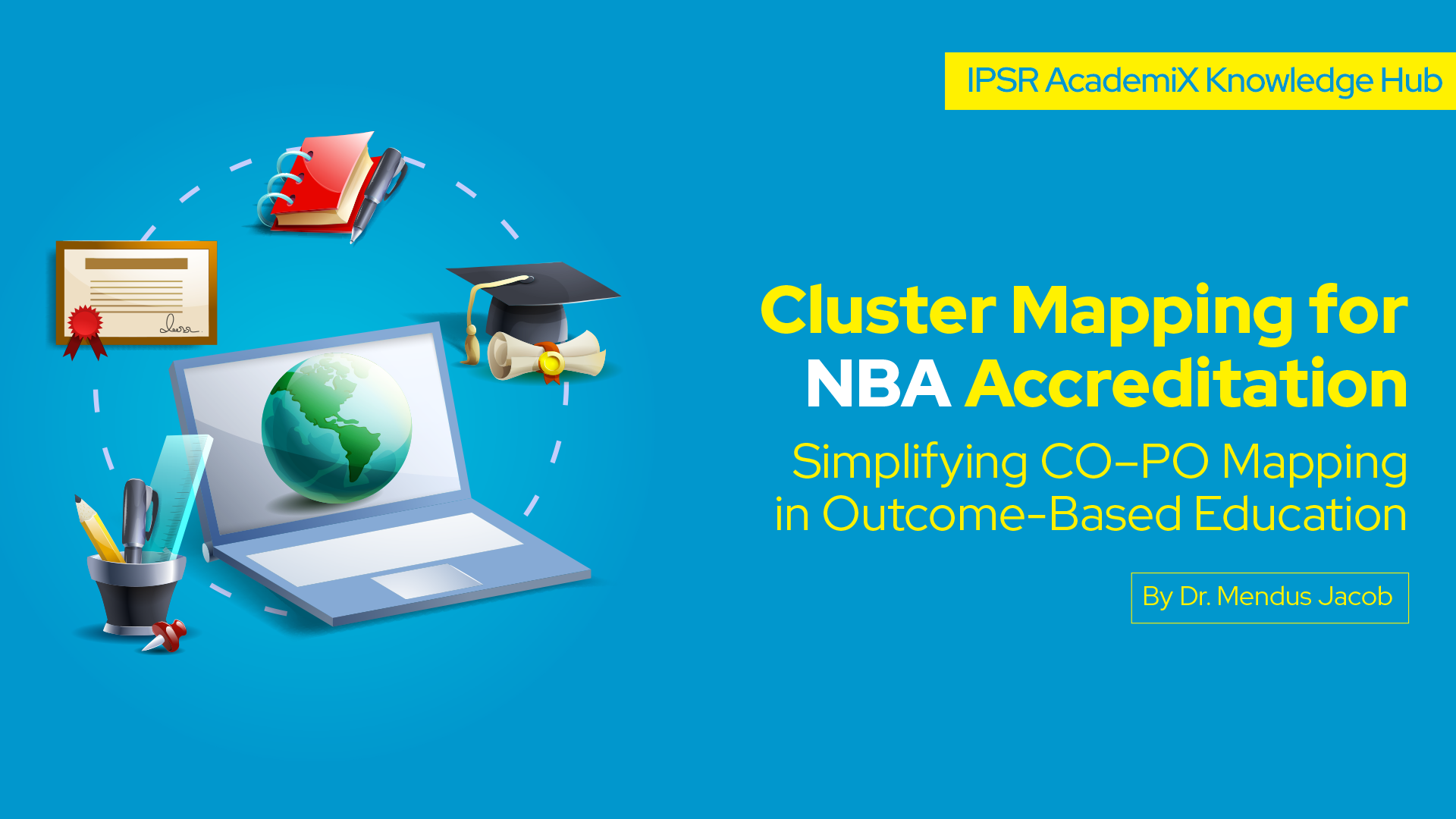
Simplifying CO–PO Mapping in Outcome-Based Education Accreditation by the National […]
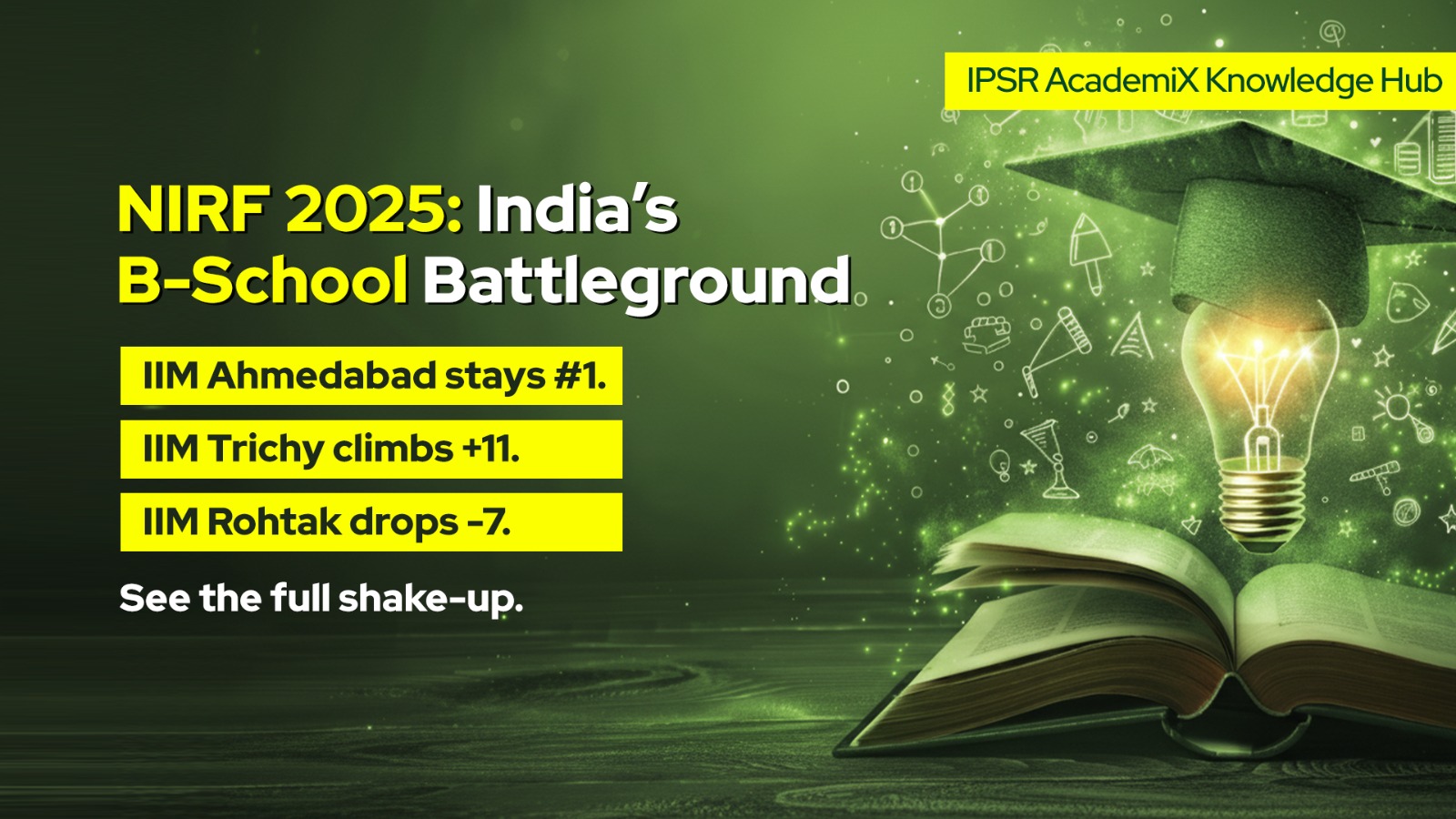
The National Institutional Ranking Framework (NIRF) 2025 results are out, […]
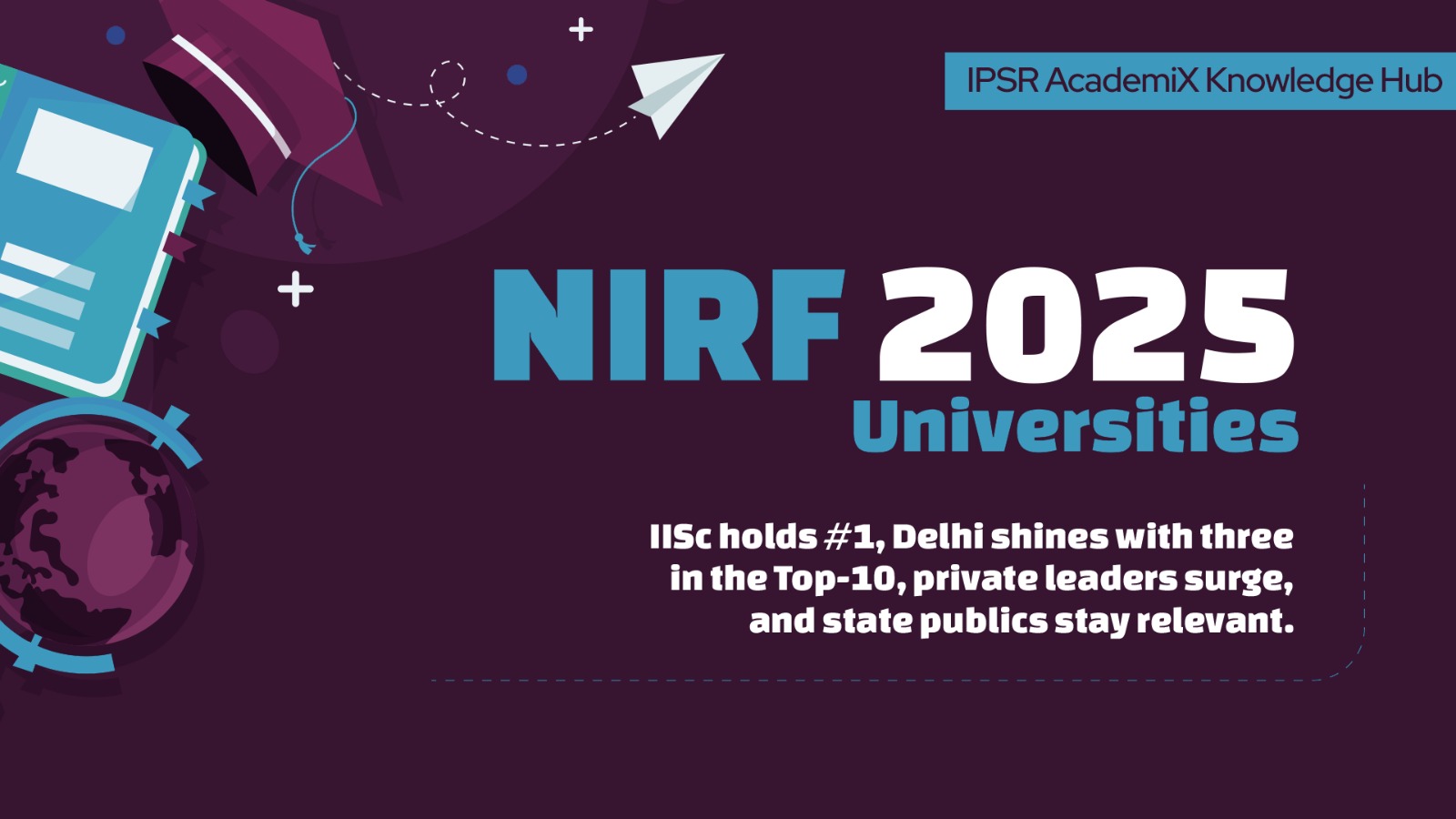
What the Top 100 Rankings Reveal About India’s Universities The […]
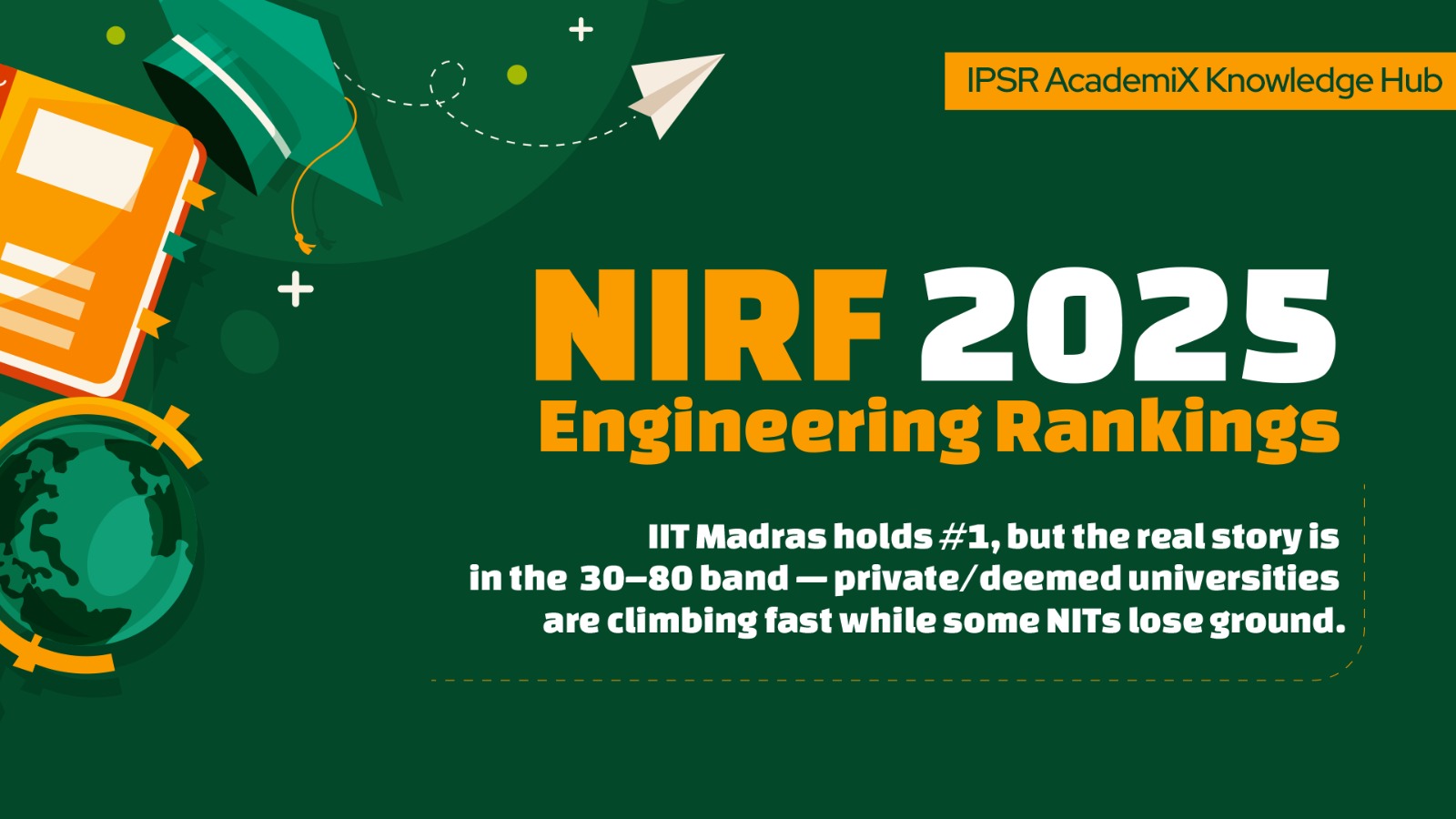
Exploring patterns, trends, and the evolving landscape of technical education […]
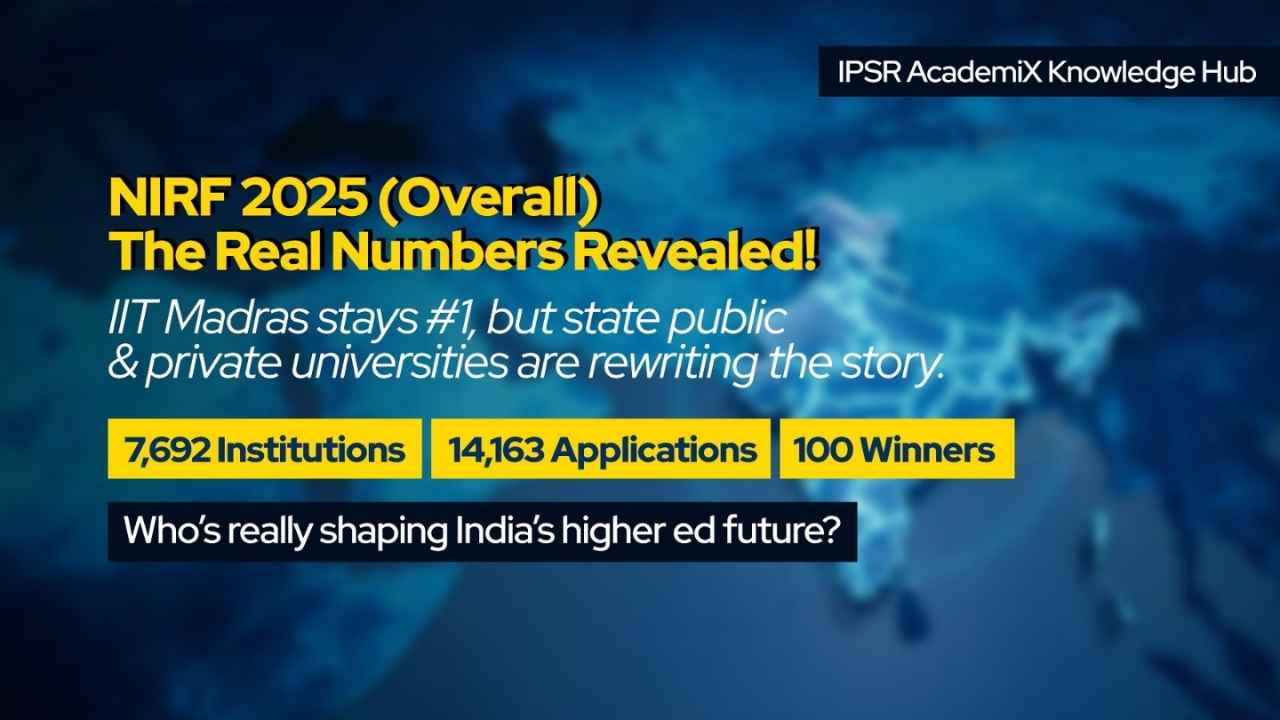
Release date: September 4, 2025 Source: NIRF portal’s Overall Top-100 […]